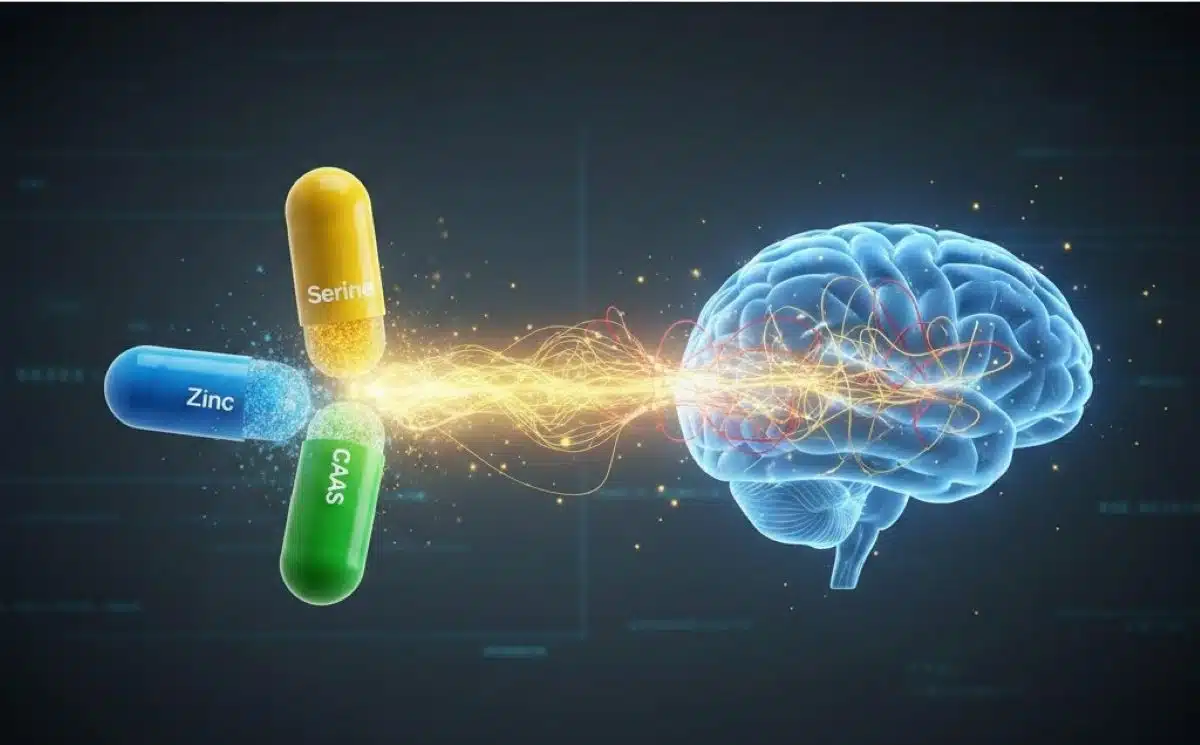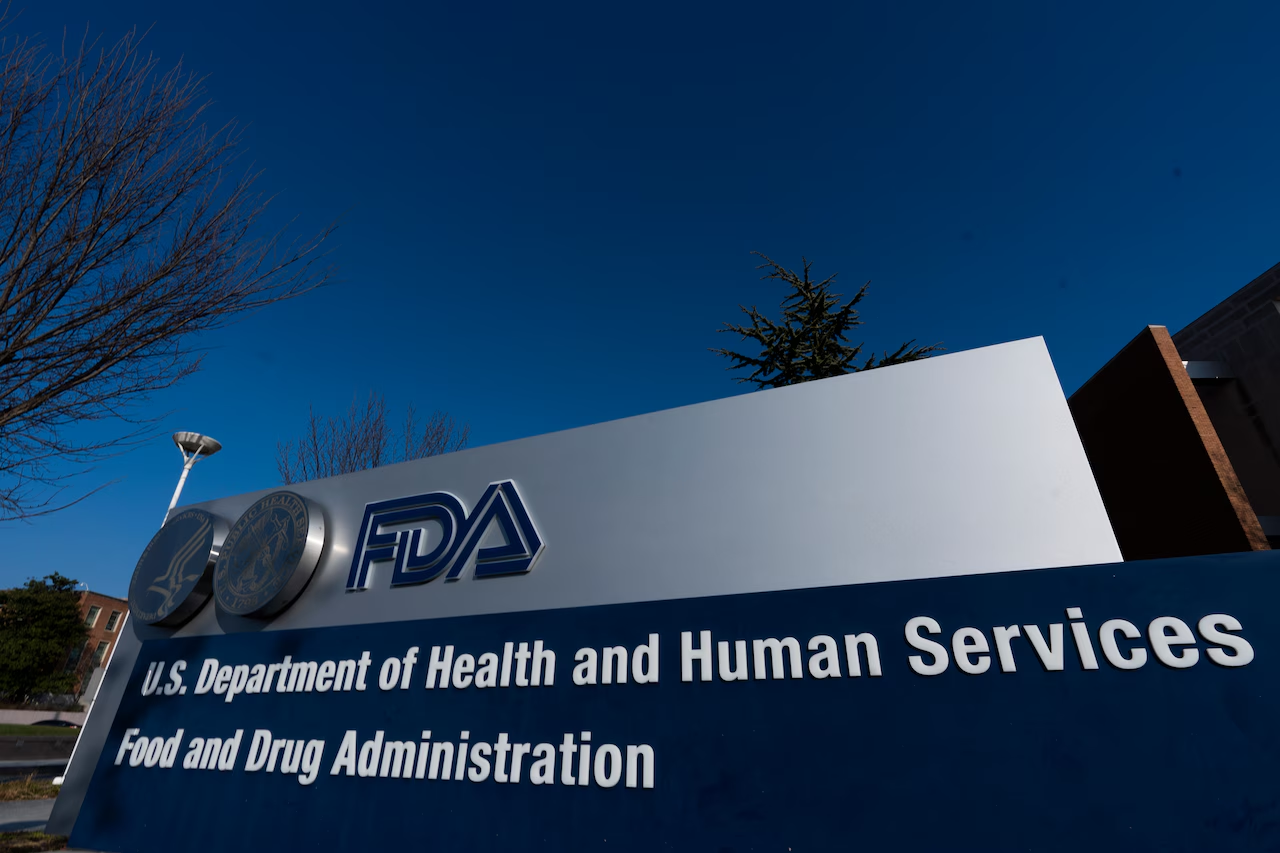As marijuana use becomes increasingly common and accepted worldwide, new health concerns are beginning to emerge. Recent studies are shedding light on an important yet often overlooked issue: the potential cardiovascular risks tied to cannabis consumption, particularly the increased risk of heart attacks and strokes.
The Rise of Recreational and Medical Use
With more countries and states legalizing marijuana for recreational or medicinal purposes, the number of regular users has risen sharply. While cannabis is widely praised for its pain relief, anxiety-reducing, and appetite-stimulating effects, health experts are now urging caution about its impact on heart health.
What the Science Says
Cardiologists and researchers are raising red flags. Studies involving hundreds of thousands of patients have started to show that people who use marijuana — especially in high doses or on a daily basis — face a greater risk of cardiovascular events like heart attacks and strokes.
This is believed to be due to the way cannabis affects blood pressure, heart rate, and the vascular system. Tetrahydrocannabinol (THC), the psychoactive component in marijuana, can cause short-term spikes in heart rate and blood pressure. Over time, these changes may strain the heart, particularly in individuals with existing risk factors such as obesity, high cholesterol, or a sedentary lifestyle.
Young Adults Also at Risk
One surprising finding from new research is that even younger adults are not immune. Healthy individuals in their 20s and 30s who use marijuana frequently have been found to face significantly higher risks of heart complications compared to non-users. This contradicts the popular belief that marijuana is harmless for younger, fit individuals.
Doctors point out that many of these younger patients often don’t recognize the early signs of heart problems, assuming cannabis use is too mild to have long-term consequences. Unfortunately, some only discover the risks after experiencing a serious event such as a mini-stroke or cardiac arrest.
A Silent Threat
Unlike tobacco or alcohol, cannabis lacks many of the public health warnings that alert users to possible long-term effects. Because of this, users may not associate cannabis with heart disease. However, experts say this lack of awareness could lead to serious health problems, especially as more potent forms of marijuana (such as high-THC edibles and concentrates) become available.
What Health Experts Recommend
Health professionals are not calling for a ban on cannabis — but they do emphasize education and moderation. Users are encouraged to speak with their doctors, especially if they have a history of heart issues or other risk factors. Those who choose to use cannabis should be aware of the early signs of cardiovascular stress: chest pain, dizziness, shortness of breath, and abnormal heart rhythms.
Additionally, combining marijuana with other substances like tobacco, alcohol, or stimulants can further increase cardiovascular risks.
The Bottom Line
As the world embraces the legal and medicinal use of marijuana, it’s critical to recognize that “natural” doesn’t always mean “safe for everyone.” The growing body of evidence linking cannabis to heart problems should not be ignored.
For now, moderation, awareness, and honest conversations between users and healthcare providers may be the key to enjoying the benefits of cannabis without compromising heart health.
















Leave a Reply